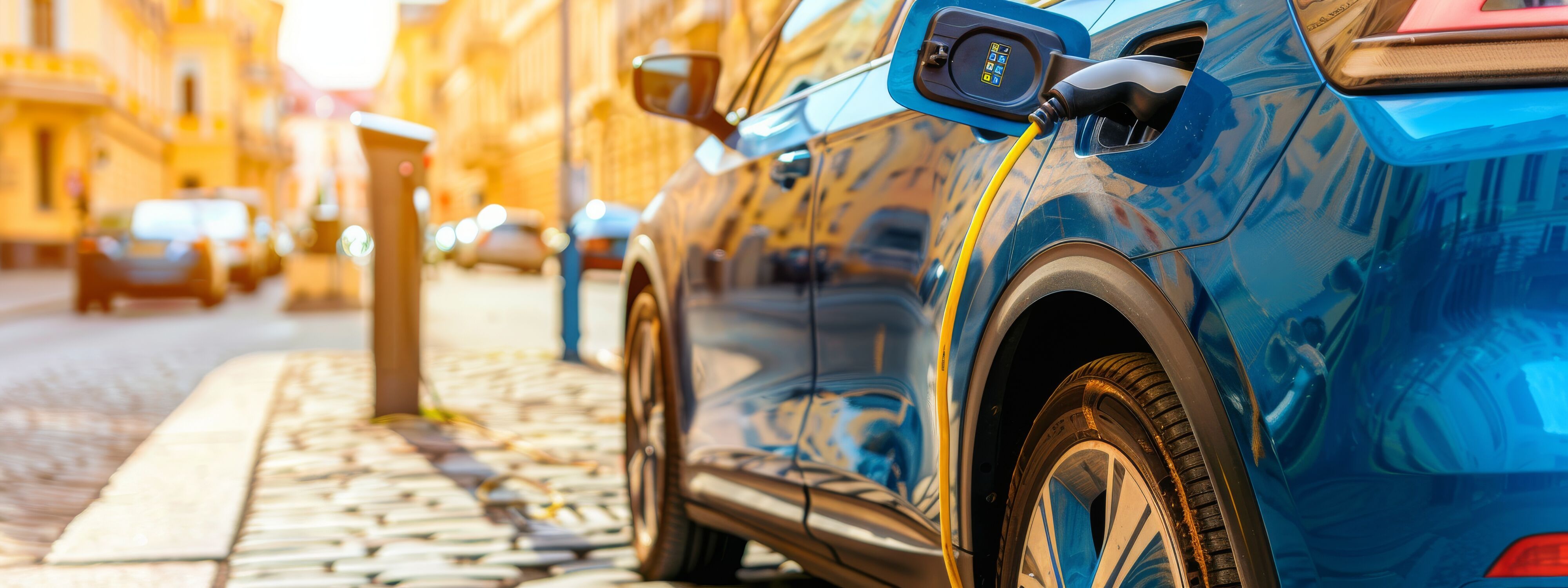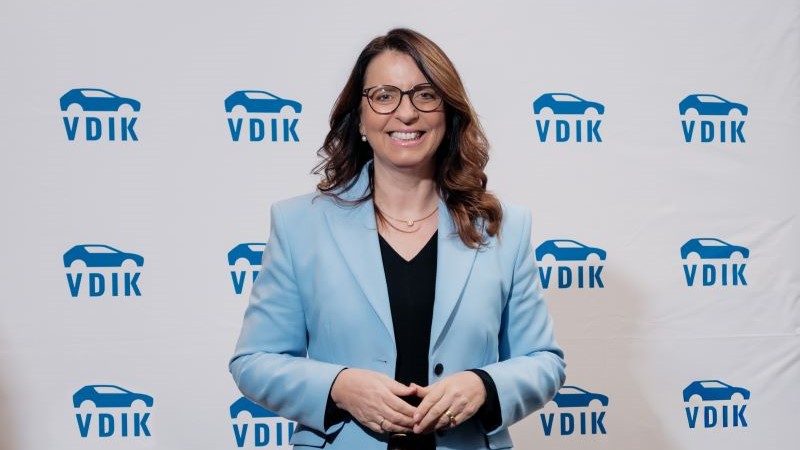The Association of International Motor Vehicle Manufacturers (VDIK) is calling for a significant jolt in the final negotiations in view of the results of the working groups in the coalition negotiations to date. Although the funding measures for electromobility developed by the working group on business, industry and tourism are a step in the right direction, they will not be sufficient to support the ramp-up to the extent required.
The parties are committed to the transformation of the automotive industry. For example, the parties want to work at European level to avoid fines for car manufacturers and to bring forward the review of CO2 reduction targets for heavy commercial vehicles and trailers. However, the political players must now take advantage of the announced delay in achieving the fleet limits and create long-term and stable conditions for the ramp-up of electromobility.
“We would have liked the working group to focus more on the issue of affordable individual mobility. Affordability in particular will ultimately determine whether consumers can and want to switch to climate-neutral drive systems as quickly as possible.
The reduction in electricity prices by five cents per kWh from the Climate and Energy Working Group is therefore a step in the right direction, but the electricity price in Germany remains disproportionately high. This alone will not achieve the ramp-up of electromobility,” says VDIK President Imelda Labbé.
It is positive, however, that the promotion of electromobility takes up a comparatively significant amount of space in the paper of the responsible working group. This shows that the urgent need for action has been recognized. However, no agreement has yet been reached on a purchase incentive for electric vehicles. However, a quick decision is urgently needed here, as the current uncertainty is hampering customers in their purchasing decisions and is therefore devastating for the current passenger car market.
In principle, the VDIK is clearly in favor of tax incentives, as customers will also benefit from the residual value retention of their vehicles. The VDIK does not consider a cash purchase premium to be expedient.
It remains to be hoped that those responsible will make considerable progress in the final negotiations so that the ramp-up of electromobility can succeed and the climate targets can be achieved. The VDIK remains confident and supports a positive attitude towards the transformation.





